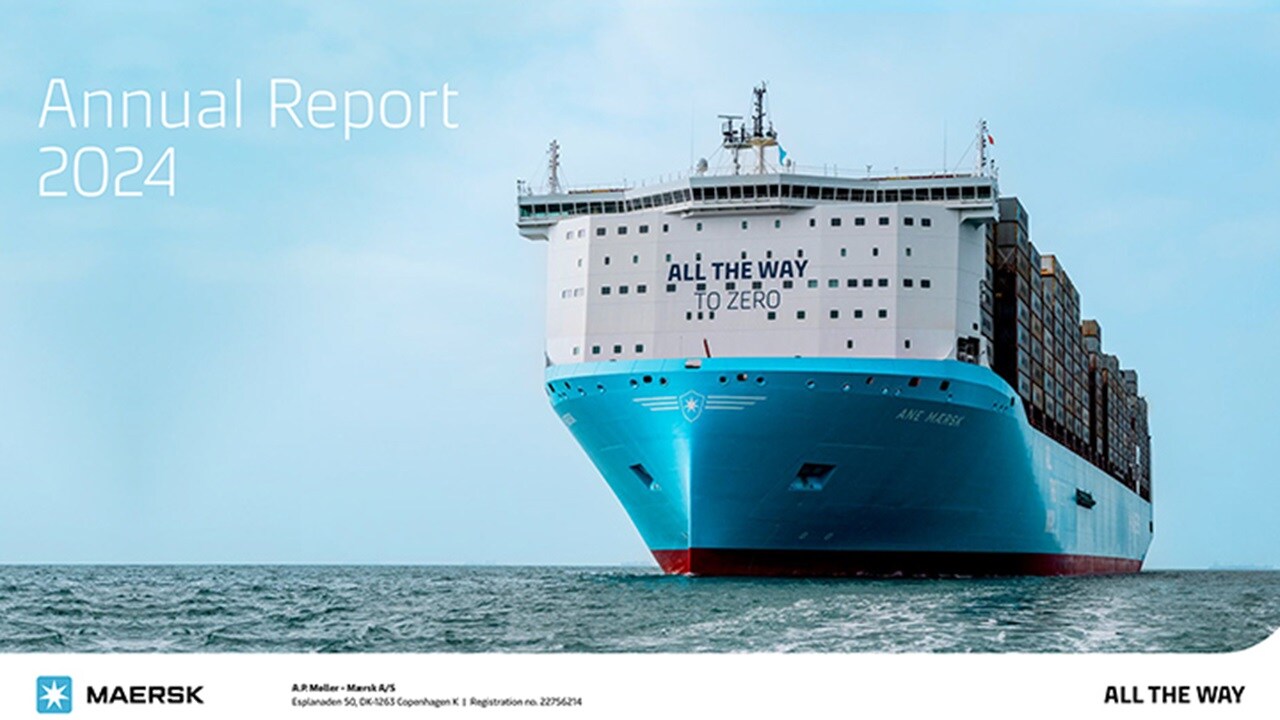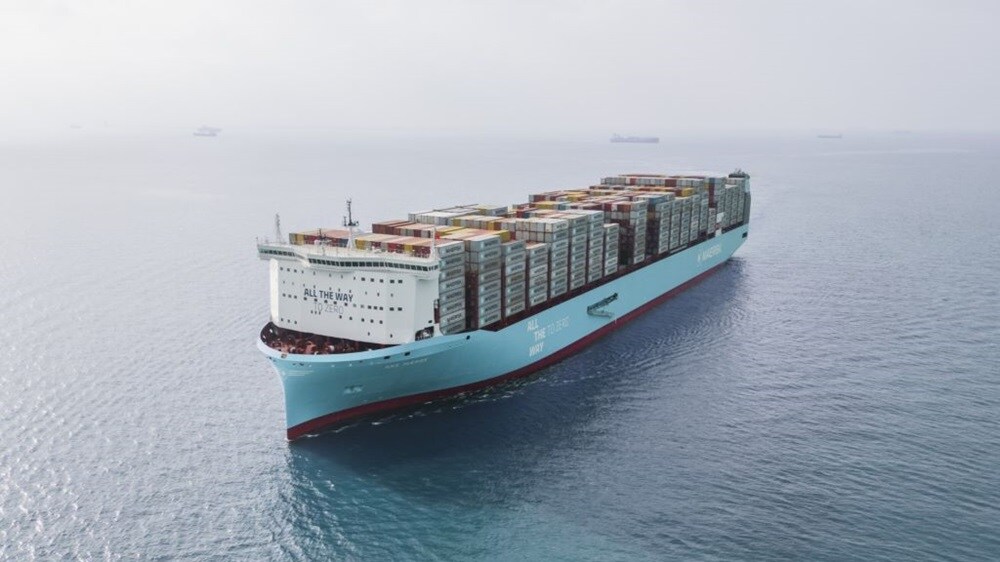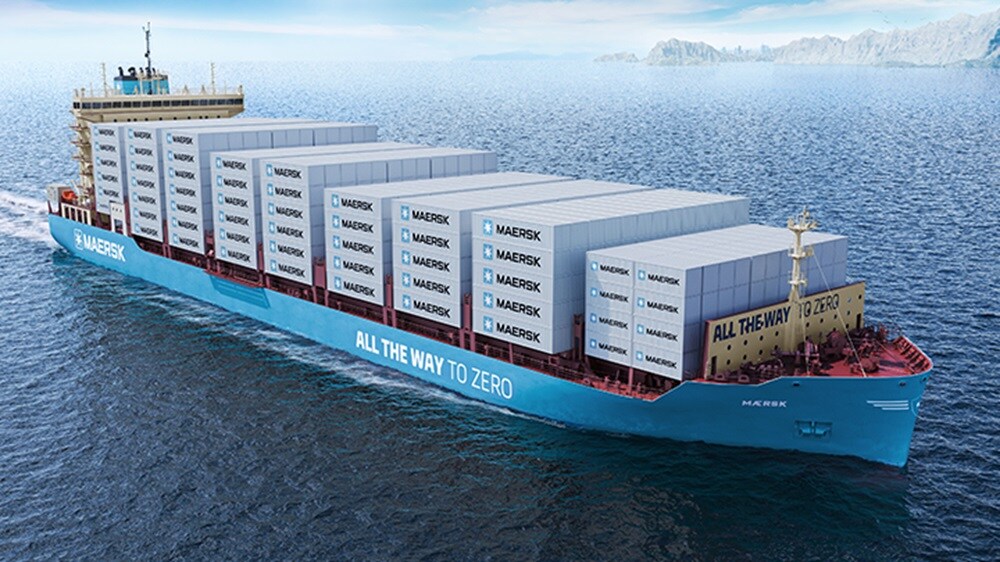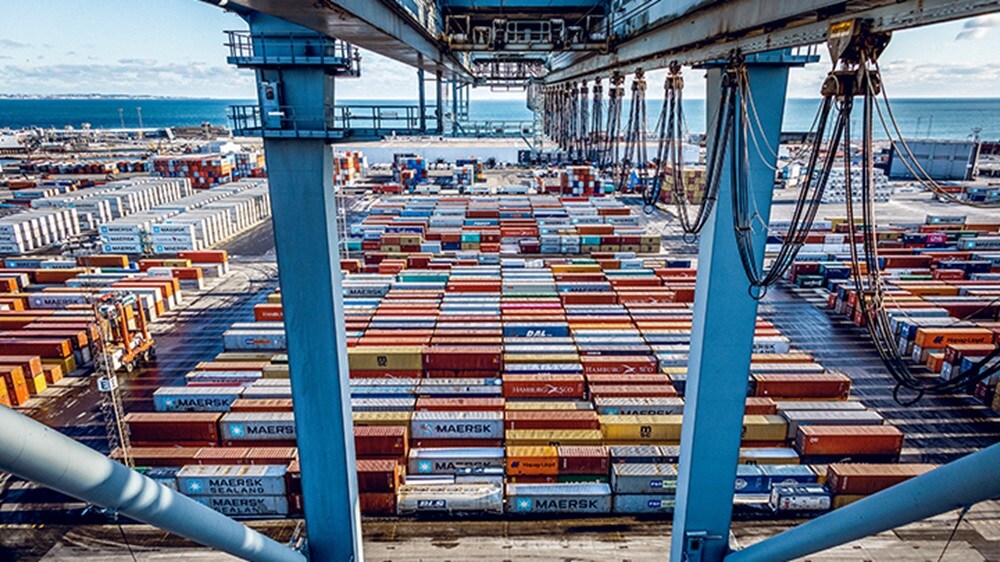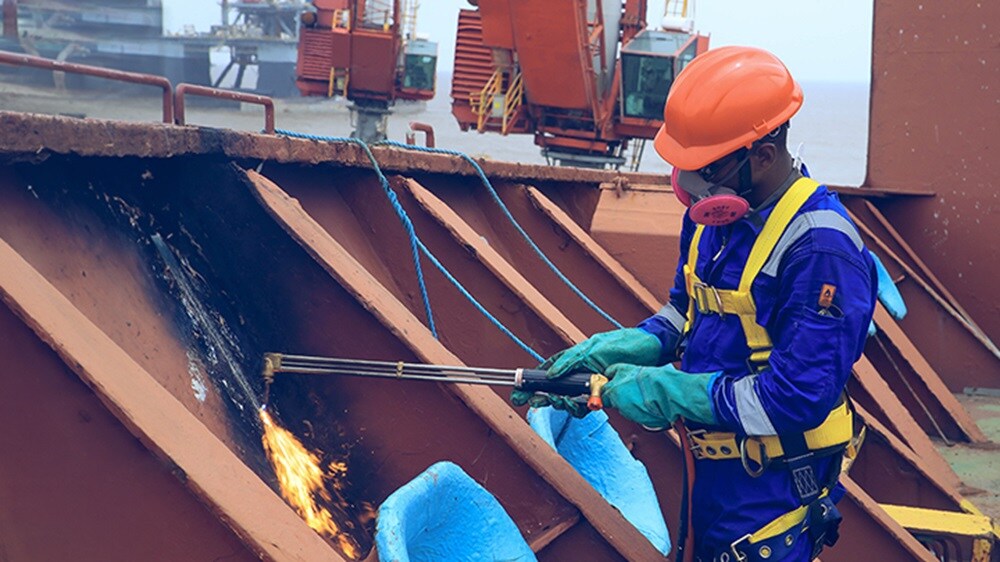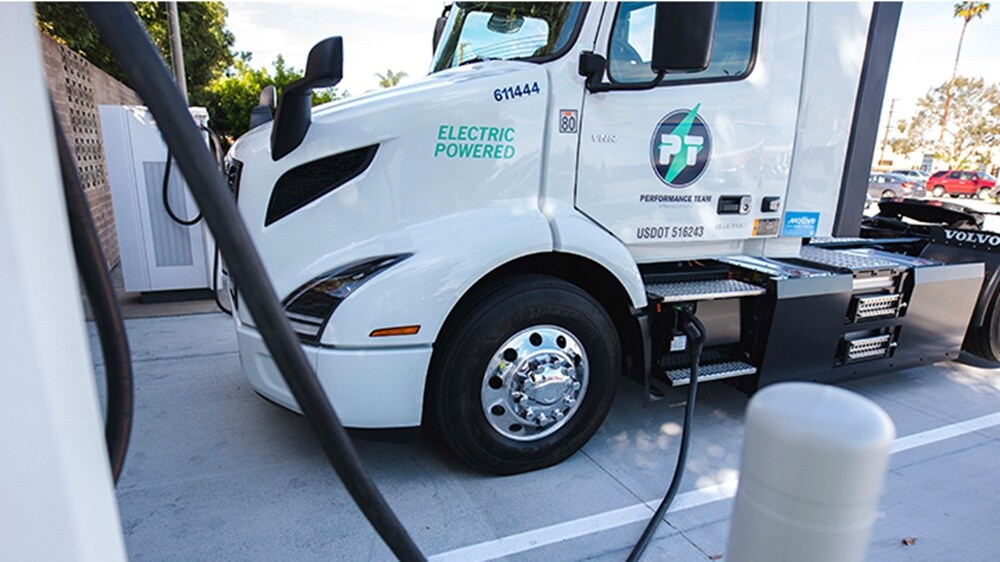
Environment and ecosystems
As active citizens of the Earth, we are committed to doing as little harm as possible while at the same time actively participating in restoring ocean and land health and resilience, as well as protecting animal habitats where we operate.
Why it matters
Our activities impact life on land and in oceans. The ships, trucks, trains, warehouses, depots and planes we use to store and move our customers’ goods impact the environment through resource use, land use change, disturbances, pollution and climate change, which in turn influences the living environments of ecosystems, biodiversity and humans.
Our ambition
Maersk takes constant care to ensure our operations minimise and prevent impacts to the environment and to people, and align our operations with local laws and regulations to ensure compliance with environmental requirements. Our overall objective is to do as little harm as possible while safeguarding the environment, including protecting ecosystems and habitats where we operate.
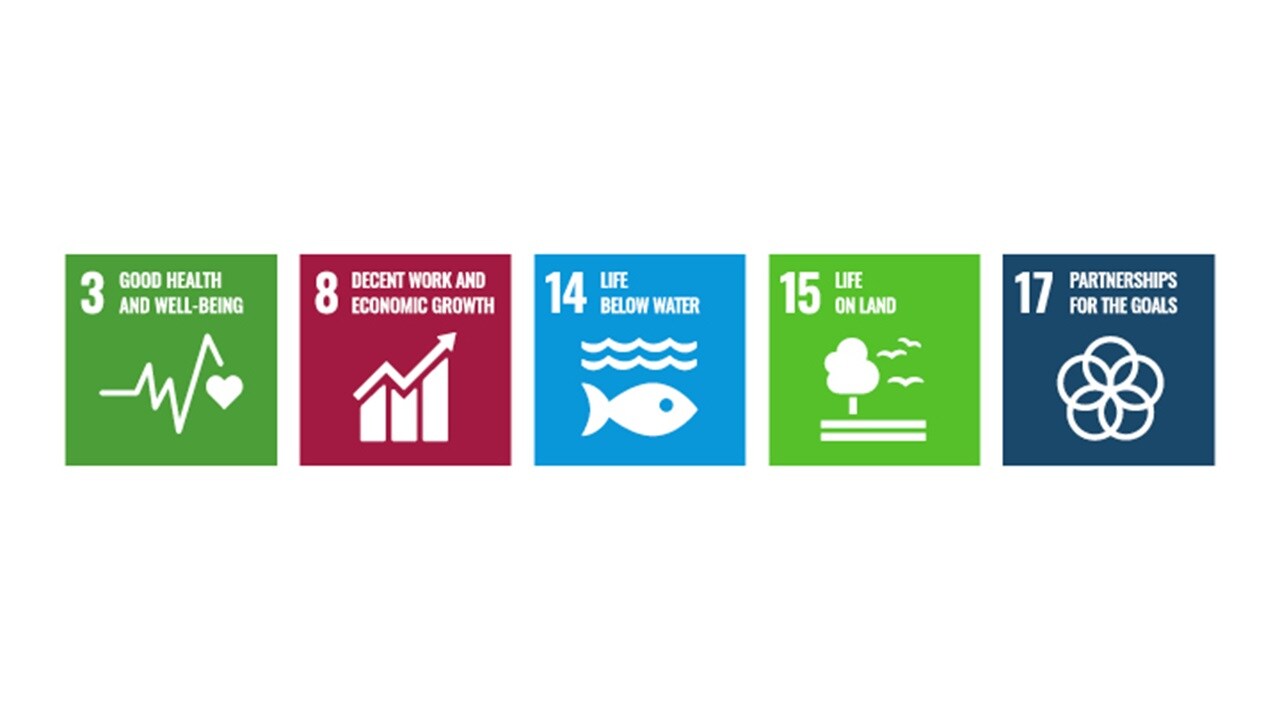
Highlights in 2024
Maersk performed an initial assessment using the LEAP framework to identify and assess our main nature-related issues, aiming to strengthen the foundation for environmental initiatives across our global operations and align commitments and actions with global standards.

Maersk introduced a Heavy Weather Monitoring and Alert system, providing real-time extreme weather notifications from shore-based teams. A Parametric Roll Risk Management solution was also launched to optimize routes using real-time forecasts, helping crews avoid dangerous rolling conditions and prevent container loss.
A Global Waste Assessment was completed across L&S and APM Terminals, developing a baseline understanding of waste generation and management across our organisation.
Priorities and actions
As part of our double materiality assessment, we have identified three material areas of impact where we can make a significant difference to ocean and land health.
Featured highlights and case stories
Ensuring robust environmental management systems
All of Maersk’s owned vessels are externally certified under the ISO 14001 environmental management standard. This ensures we meet established environmental requirements and are regularly audited by independent third parties, providing transparency to customers and stakeholders.
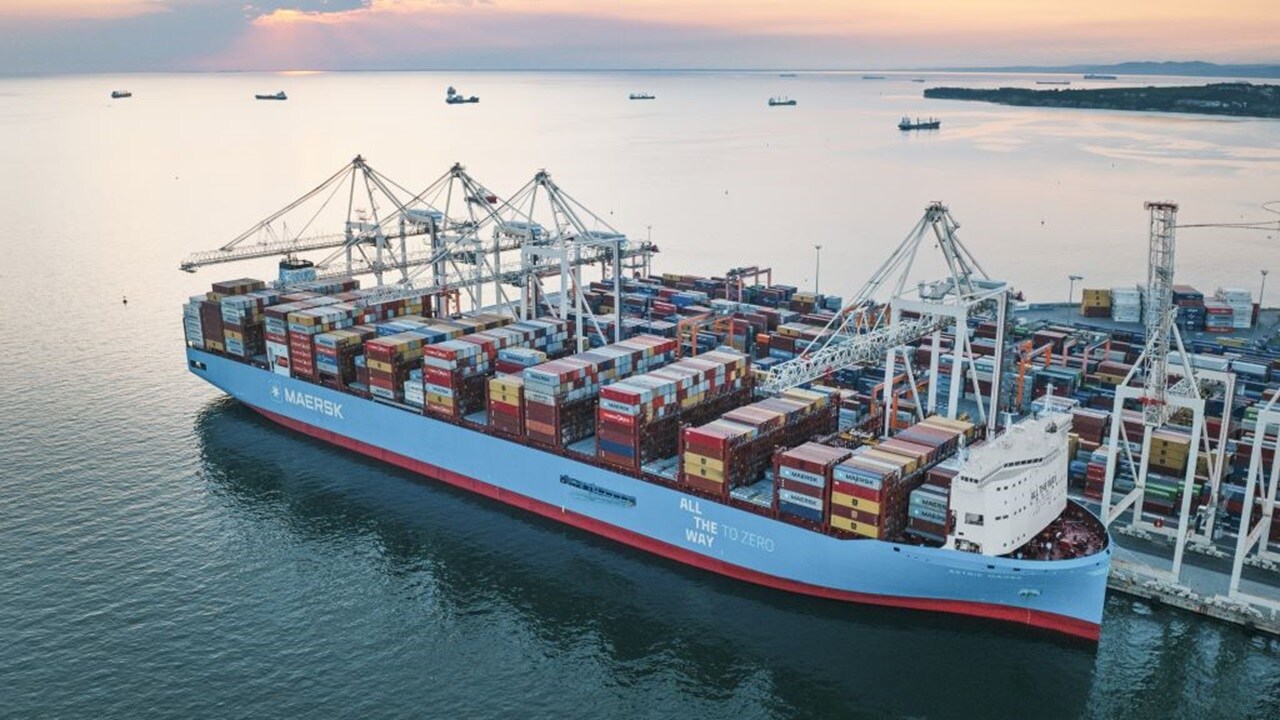
Efficient resource consumption
Maersk continued its recycled mooring rope pilot with C-Loop, a Wilhelmsen-backed venture, achieving its first landing of recycled ropes in Europe in 2024. As the Circular Mooring Ropes project continues to gain further experience from landing ropes in Northern Europe, efforts focus on enabling a full fleet implementation where mooring ropes can be deposited at several hub ports across the network.
Exploration also continues into promising repurposing and recycling solutions, with hopes of scaling up further in 2025.
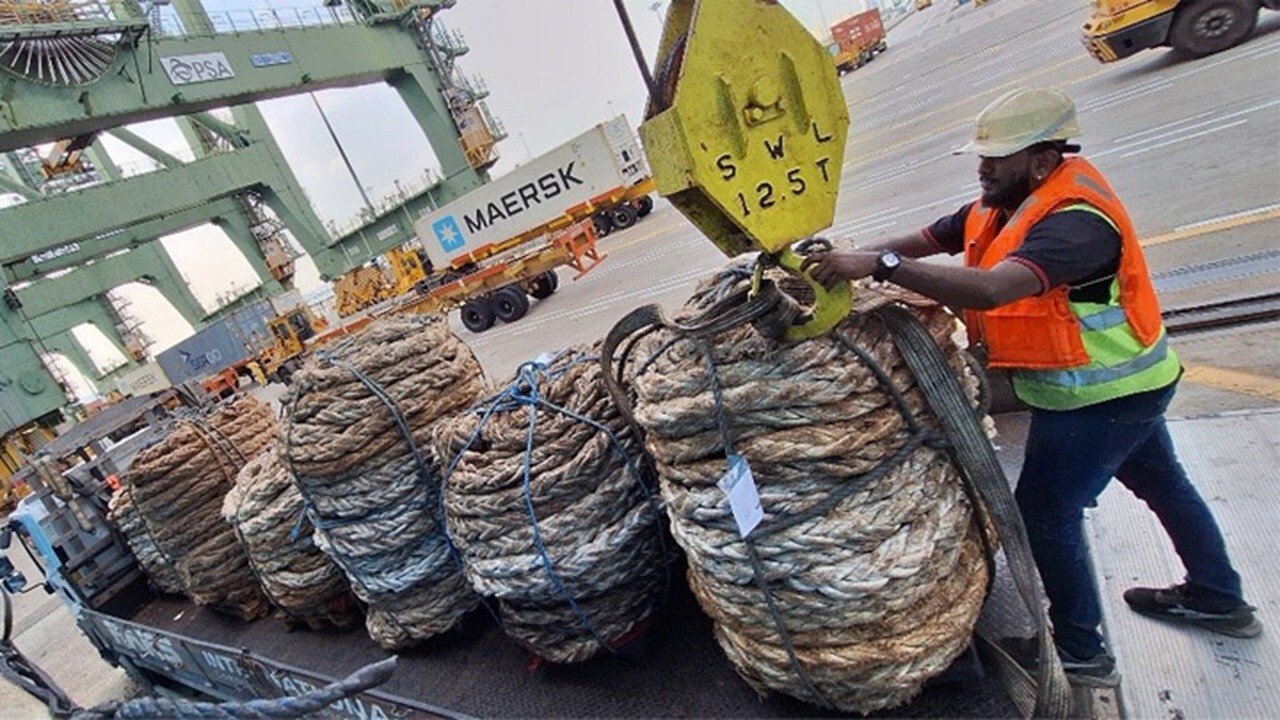
Supporting ocean and climate science
Maersk continues to support climate science through Oceans X - Xploration ISAMO (read more) projects. Our crews crossing the Atlantic collect and return air samples for analysis, helping scientists understand why methane oxidation occurs at an increased rate over the sea and in areas with high iron content.
In addition, Maersk is supporting the project’s expanded scope to include sampling of aerosols in the troposphere and air sampling in the Pacific. These expansions help close the ocean data gaps between the National Aeronautics and Space Administration, the National Oceanic and Atmospheric Administration and the World Meteorological Organization.
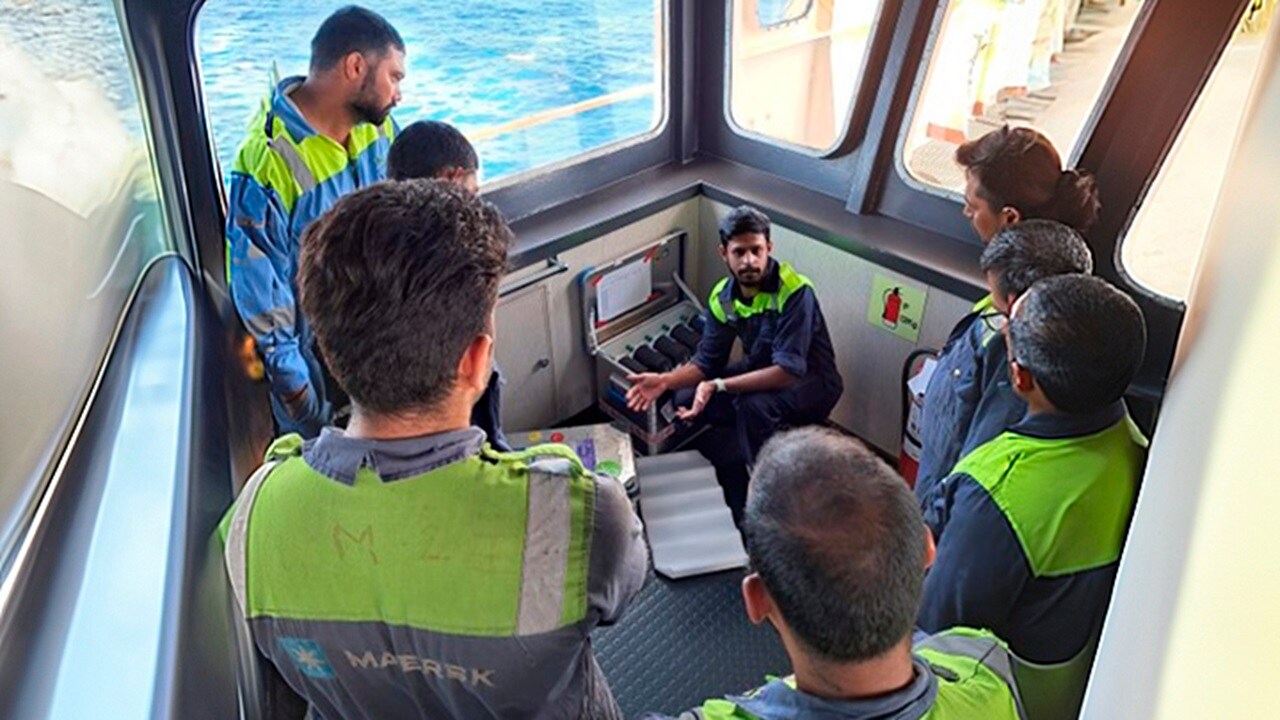
Protecting ocean life and habitats
In marine contexts, we adhere to relevant standards and regulations, strive to minimize disturbances to marine wildlife, and continue to enhance our understanding of impacts and risks to ocean health.
To achieve these objectives, we are improving our StarConnect AI-powered fleet energy efficiency platform to monitor our presence in Marine Protected Areas and Particularly Sensitive Sea Areas, and to add additional whale zones based on the latest WSC Whale Chart. Implementation of this data will take place in 2025.
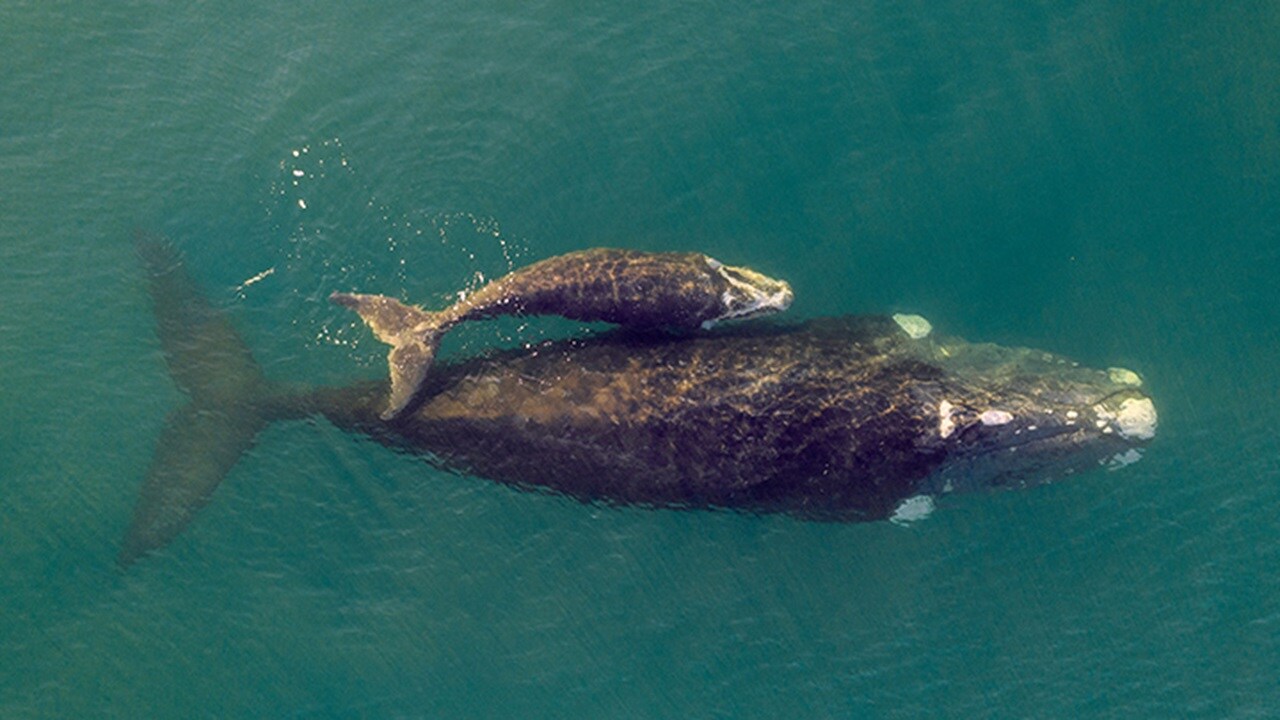
Annual Report 2024
